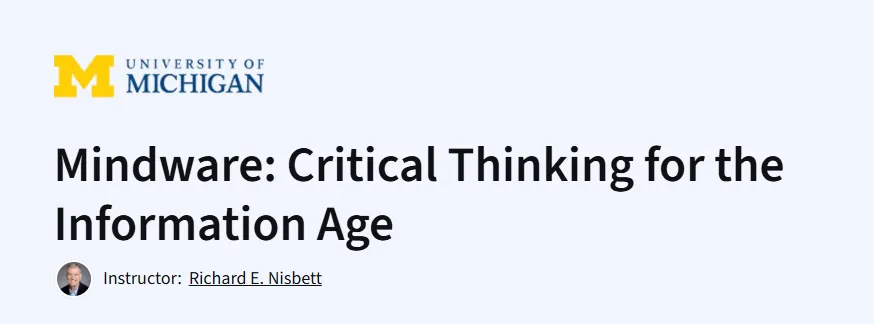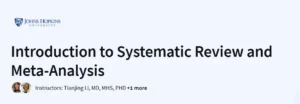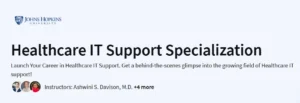What will you learn in Mindware: Critical Thinking for the Information Age Course
Apply principles of critical thinking to analyze everyday arguments.
Recognize and avoid cognitive biases that distort reasoning.
Use probabilistic thinking to assess evidence and make better decisions.
Evaluate statistical claims in news, research, and policy.
Understand how to frame problems for more effective solutions.
Program Overview
Module 1: Thinking Scientifically
⌛ 1 week
Topics: Basics of scientific reasoning, how to distinguish correlation from causation, importance of falsifiability.
Hands-on: Apply scientific reasoning to real-world examples and debunk flawed arguments.
Module 2: Understanding Probability
⌛ 1 week
Topics: Foundations of probability, common misconceptions, base rates, and conditional probabilities.
Hands-on: Calculate probabilities in simple and complex scenarios to improve judgment.
Module 3: Decision Making Under Uncertainty
⌛ 1 week
Topics: Expected value, risk assessment, cost-benefit analysis.
Hands-on: Apply decision-making frameworks to personal and professional problems.
Module 4: Recognizing and Avoiding Bias
⌛ 1 week
Topics: Heuristics, confirmation bias, hindsight bias, and overconfidence.
Hands-on: Identify and correct bias in news articles and workplace scenarios.
Module 5: Statistical Thinking for Everyday Life
⌛ 1 week
Topics: Interpreting data, understanding variability, statistical significance, and effect sizes.
Hands-on: Analyze datasets and news stories for accuracy and reliability.
Get certificate
Job Outlook
High demand for professionals with strong critical thinking and data literacy skills.
Beneficial for careers in business, policy-making, education, journalism, and law.
Enhances decision-making in leadership roles and analytical positions.
Median salaries for roles requiring strong analytical skills range from $60,000–$110,000 annually.
Specification: Mindware: Critical Thinking for the Information Age
|





